“The mightiest breath of life that ever animated human clay!”
Concluded one of his many biographers. That’s high praise for a man that spent most of his adult life racing around Europe tooting his own horn and fighting in seven successive wars that robbed about 4 million people of their lives.
So what’s the truth about this Corsican interloper turned French patriot? Award-winning historian Andrew Roberts pens 976 pages on him to help me find out.
What you might appreciate about Napoleon
- Fast — If Napoleon were a head of state today, he would not roll up in a limo. He would be driving a Maserati! Everything about him was predicated on speed. He was the emperor that would arrive in a furious dust cloud of hooves and horsehair! Speed was how he operated his armies as well—no more long wagon trains of supplies and patrons. The soldiers would live off the land. He developed “The Core System,” which made his soldiers ready for quick adaptations on the battlefield. No army could move as fast as Napoleon’s. Hitlers Blitzkrieg “lightning war” of 1940 was not an innovation. Napoleon had already perfected it 130 years previously.
- Tireless — He was a workaholic, but he loved his job. He only slept 7 hours in 24, but those seven hours were often broken up into various hour blocks and mini-cat naps. He basically worked around the clock seven days a week. No one could keep up with him.
- Charismatic — His charismatic personality advanced him perhaps more than any other of his characteristics. He had that quality about him that inspired people. Those who put to pen their remembrances of him always spoke about his eyes and how he spoke. After an exchange with the emperor, most people felt willing to do whatever he required of them. He would have been one hell of a car salesman in a different life!
- Approachable / Engaging / Endearing — As the most powerful man in the world for nearly 20 years, he was remarkably approachable. He seemed willing to talk to anyone about anything at any time. Drummer boys, enemy combatants, prostitutes, it didn’t matter. Napoleon always had a profound interest in people. Some would say he just used people, which is true in some sense, But he was one of the few world leaders of that day who would genuinely weep for the loss of troops and friends.
- Prolific Reader / Write — Napoleon read everything there was to read. He took field libraries with him when on military campaigns. He pretty much knew more than anyone else on any subject. There are over 33,000 letters still extant that he wrote. He wrote novels and observations about his science experiments; he wrote love letters and political speeches. He wrote down advice, wisdom, encouragement, threats, orders and humour. Constantly he dictated letters, sometimes 30 or 40 per day.
- Promotion is granted through performance only (except for his immediate family)— Like Ghangus Khan before him, Napoleon was a firm believer in meritocracy. He squashed all the “Noble birth” nonsense in the military; promotion would no longer be through connections and status; it would be through battlefield performance. This perspective revolutionized his army and brought the cream to the top. He should have done the same when picking governors to rule his expanding domains. But instead, he appointed ill-equipped and underperforming family members. When confronted about his inconsistency, he said his family were the only ones he could trust. Boy, was he wrong about that!
- His love for learning exceeded his need to protect his image. — Most people, it seems, will not risk asking a stupid question or being open with the mistakes they have made, not so with Napoleon. His love of learning meant that he would always cast aside the strategy of hiding behind a face-saving ego.
- Memory off the charts — It’s one thing to read; it’s another to remember. This is what set Napoleon even farther apart from the rest. But his prodigious memory was not just limited to his reading. He remembered people. On numerous occasions, soldiers of his Grand Army who had even limited interactions with him would be recognized years later by the Emperor when they crossed paths. This extraordinary ability created a unique and unbreakable bond with him and many of his soldiers.
- Military Genius — Napoleon won 53 of the 60 battles he fought in over his lifetime. Many of those victories came despite near-impossible odds. When the Duke of Wellington, who was credited with the defeat of Napoleon at Waterloo, heard that Napoleon had died on St. Helena, he remarked, “Now finally I am the greatest general in the world” He knew his place stacked up against Napoleon. That’s saying something if even your enemies pay this kind of homage.
- He was able to admit his mistakes. — High-profile leaders rarely admit their mistakes. They have spin-doctors in place ready to deflect blame and manage image. Napoleon was a prolific propagandist. It’s true, you had to take whatever he said with a grain of salt, but he also had that unique humility to admit fault. He wrote about how he bungled Waterloo and Russia. He regretted divorcing Josephine to marry the princess of Austria; he admitted failure in empowering his family too much. It’s refreshing to hear this kind of honesty.
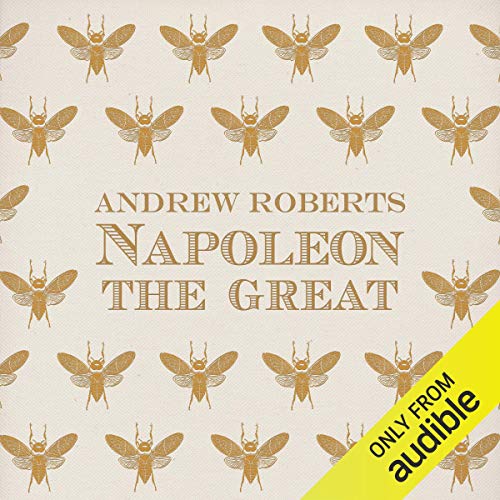
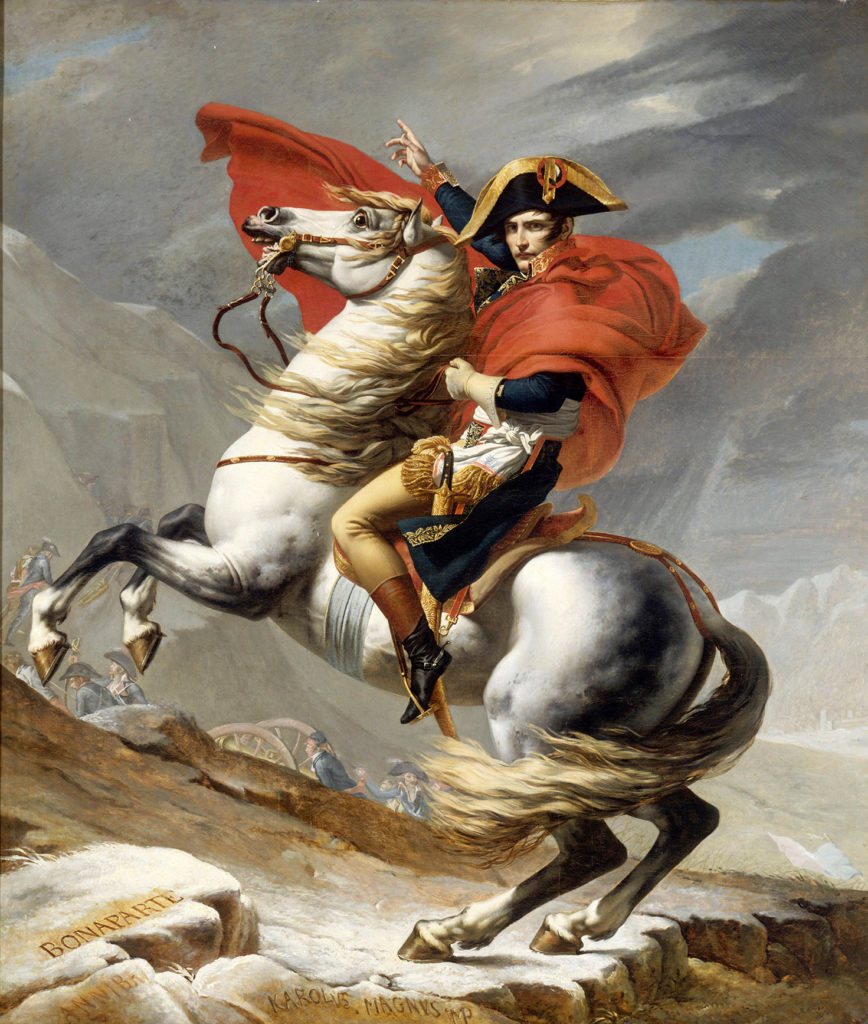
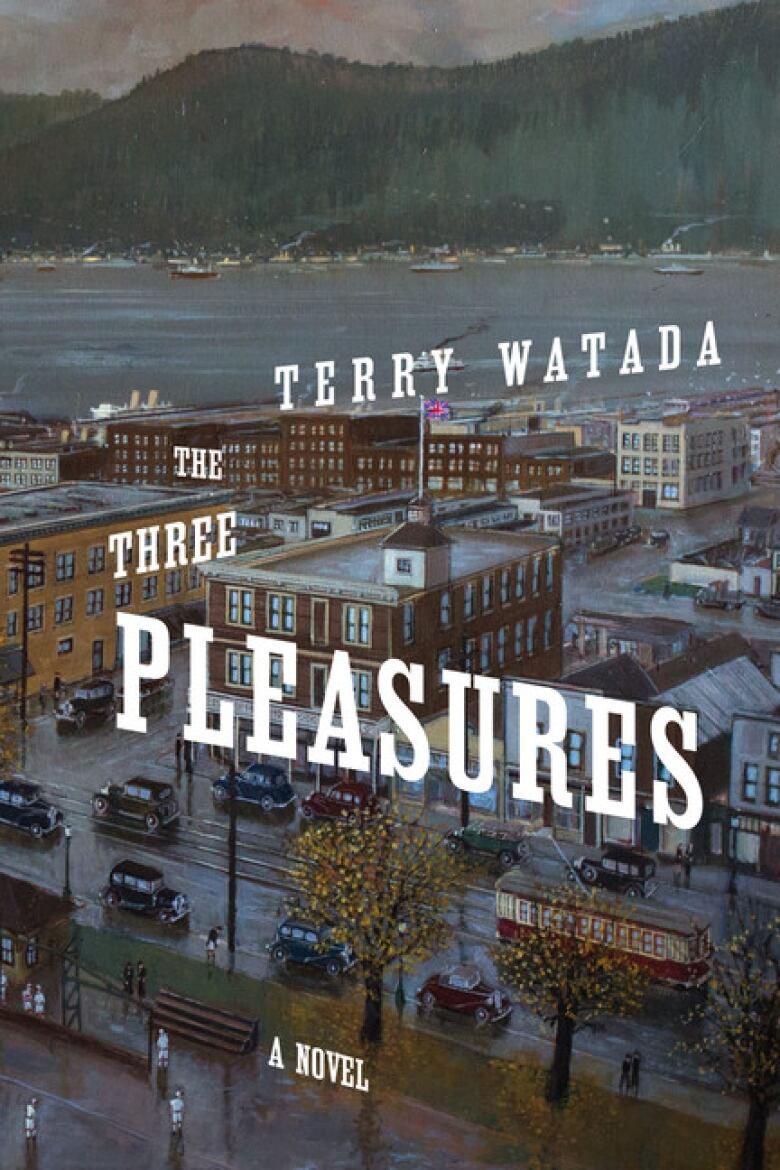
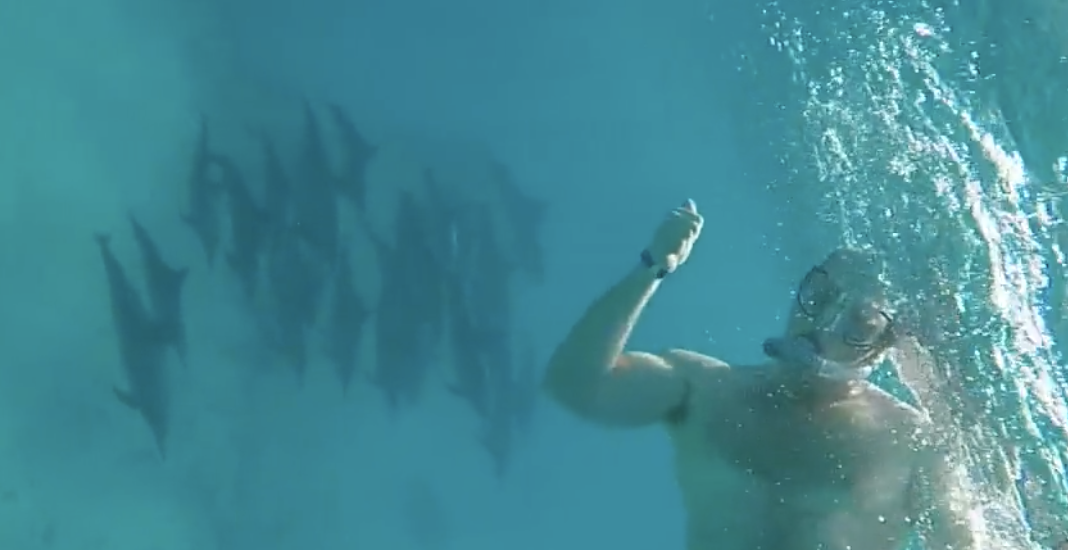
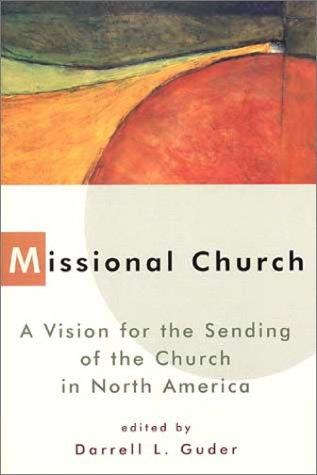

One Response